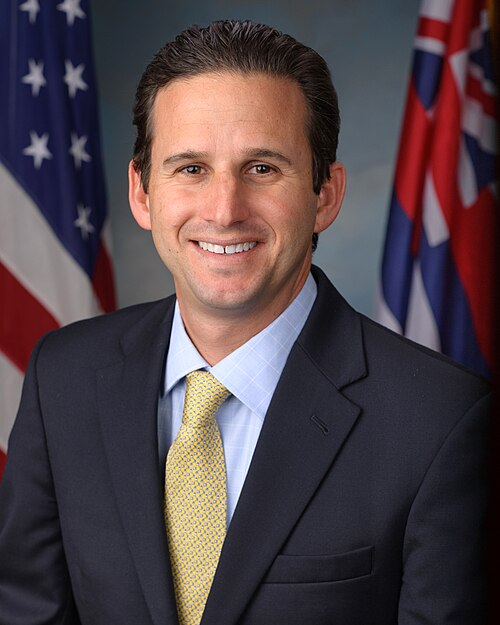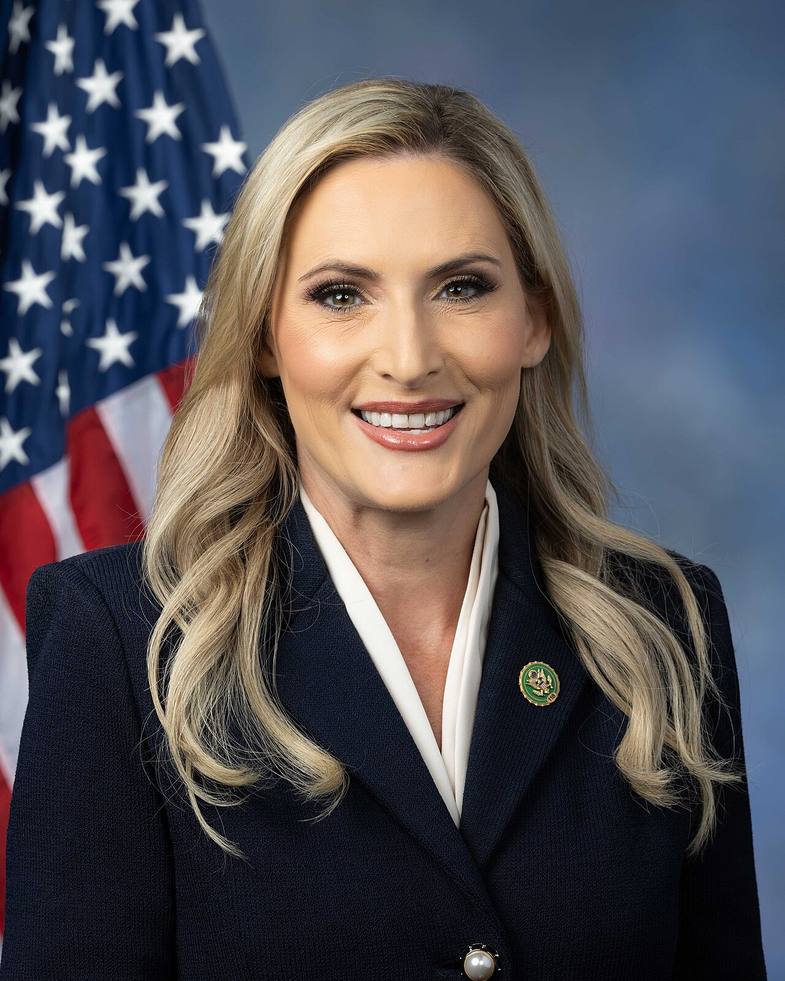S. 2252: Saving Lives and Taxpayer Dollars Act
This bill, titled the Saving Lives and Taxpayer Dollars Act, aims to ensure that certain foreign assistance commodities—including food, medicine, and vaccines—are distributed to those in need before they expire or spoil. Here’s a breakdown of the bill’s key components:
Purpose of the Bill
The primary goal of the bill is to maximize the effectiveness of U.S. foreign assistance by making sure that products meant for humanitarian aid reach beneficiaries in time. This includes addressing situations like natural disasters, conflicts, and health crises, where timely access to aid is crucial.
Key Provisions
- The bill amends existing legislation, specifically the Foreign Assistance Act of 1961, to explicitly prohibit the destruction of perishable and non-perishable commodities that have been procured for international assistance.
- It mandates that these commodities should be made available to their intended beneficiaries before their expiration date, potentially through donations or other means.
- The bill requires government officials, including the Secretary of State and the Secretary of Agriculture, to expedite funding necessary for delivering or donating these commodities to ensure timely distribution.
- It establishes stringent conditions under which commodities can be destroyed, stating that all efforts must be exhausted to sell, donate, or otherwise utilize the goods before destruction is considered.
- The Secretary of State, in coordination with relevant agencies, is required to submit reports to Congress detailing any commodities that expired, spoiled, or were destroyed without being delivered, including efforts made to distribute those items.
Rationale Behind the Bill
The findings within the bill highlight several points:
- U.S. foreign assistance plays a critical role in supporting vulnerable populations worldwide, contributing to health security and overall economic stability.
- Access to essential health commodities, such as vaccines and medications, is vital for global health and safety.
- A significant portion of U.S. food aid benefits American farmers while addressing international food scarcity.
- Better access to family planning products can significantly reduce maternal and child mortality rates.
- The destruction of unused aid is viewed as wasteful and against ethical obligations, particularly when it impacts those facing life-threatening situations, such as hunger or disease.
Accountability Measures
The bill also emphasizes accountability by requiring comprehensive reporting on commodities that go unused, detailing efforts made to distribute them and providing insight into the reasons for their failure to reach beneficiaries.
Relevant Companies
- MDT - Medtronic: As a company that produces medical devices and supplies, Medtronic could be affected by this bill due to increased demand for timely distribution of medical commodities.
- PFE - Pfizer: Pfizer, a major pharmaceutical company, might see implications from this legislation in terms of their vaccine and medication supply chains and distribution efficiency in foreign aid contexts.
- KHC - Kraft Heinz Company: As a significant supplier of food products, Kraft Heinz could be impacted by provisions related to food assistance and the need to ensure that commodities are distributed effectively.
This is an AI-generated summary of the bill text. There may be mistakes.
Sponsors
7 bill sponsors
Actions
2 actions
| Date | Action |
|---|---|
| Jul. 10, 2025 | Introduced in Senate |
| Jul. 10, 2025 | Read twice and referred to the Committee on Foreign Relations. |
Corporate Lobbying
0 companies lobbying
None found.
* Note that there can be significant delays in lobbying disclosures, and our data may be incomplete.





































